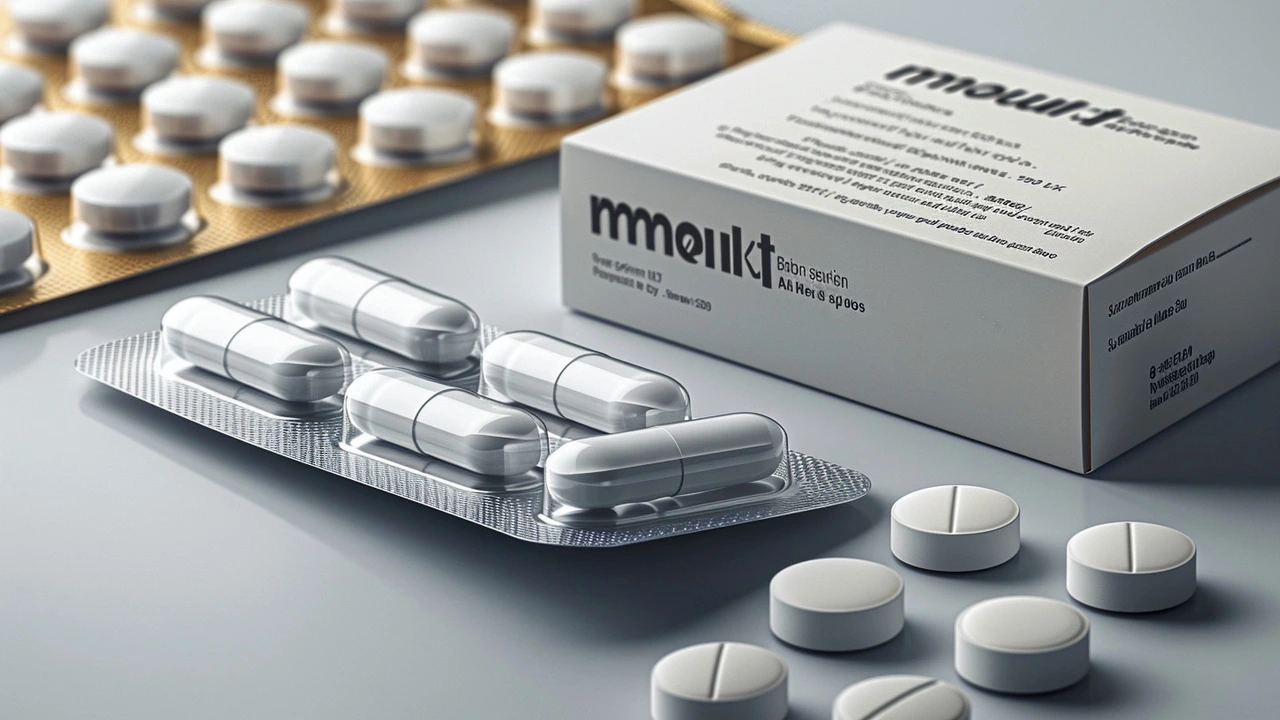Lac-Phe: What It Is and Why People Talk About It
Heard of Lac-Phe? It's a small molecule your body makes when you exercise. Scientists found it can lower appetite and help mice lose weight even without changing their activity. That made people wonder: could Lac-Phe be a shortcut for weight control or a new sports nutrition tool?
Here I explain what Lac-Phe does, what the science shows so far, and practical steps you can try today. I’ll keep it simple and practical—no jargon, just useful facts.
What Lac-Phe Does and how it works
Lac-Phe stands for N-lactoyl-phenylalanine. During intense exercise muscles produce lactate, and the body combines lactate with the amino acid phenylalanine to make Lac-Phe. In animal studies it reduced food intake for hours and led to fat loss. Human studies are early but promising: researchers see higher Lac-Phe levels after sprinting or heavy exercise, and some links to lower hunger afterward.
The likely idea is Lac-Phe signals the brain to reduce appetite after hard exercise. That’s helpful for people who overeat after workouts. But remember: most human data are limited and we don’t yet know long-term effects or safe dosing in people.
Practical tips, safety, and where research stands
Want to use this idea without waiting for a pill? Focus on the proven part: exercise. Short, high-intensity sessions like sprints, intervals, or heavy lifts boost lactate and seem to raise Lac-Phe faster than long slow runs. That may help blunt post-workout hunger.
There are no approved Lac-Phe supplements yet. Some companies may market related products, but quality, dosing, and safety aren’t established. Don’t trust miracle claims. If a product promises massive weight loss by "raising Lac-Phe," be skeptical.
Side effects and long-term risks are unknown. Animal studies didn’t show obvious harm at the doses used, but humans can react differently. People with metabolic problems, pregnant or breastfeeding, or those on medication should avoid experimental supplements and talk to a doctor first.
How to apply this now: use interval training 2–4 times weekly, pair those sessions with a balanced meal plan, and watch how your appetite changes. Track sleep and stress too—both influence hunger and exercise recovery. If you’re curious about trials, look for clinical studies on Lac-Phe and contact research centers rather than buying unregulated products.
Lac-Phe is an exciting lead, not a finished solution. It shows how exercise does more than burn calories—it changes molecules that affect appetite and metabolism. Use it as a reason to train smarter, not to chase unproven shortcuts.
Who might benefit: people struggling with post-workout cravings, people trying to lose weight while keeping muscle, and athletes managing energy intake. Older adults or people with appetite loss might respond differently. That’s why tailored advice matters—check with a clinician before trying any experimental approach.
Watch for signs: sudden mood shifts, digestive problems, or unusual fatigue after trying new supplements. Report issues to your doctor. If you want to stay updated, follow PubMed alerts, clinicaltrials.gov listings, and reputable labs studying exercise metabolites. Be curious, cautious.
Metformin-Induced Weight Loss Linked to Appetite-Suppressing Molecule: New Study Insights
A Stanford Medicine study has found that the weight loss effects of metformin, a widely used diabetes medication, are associated with the 'anti-hunger' molecule, lac-phe. This discovery opens doors to new weight loss drug developments targeting the lac-phe signaling pathway, offering hope in the battle against obesity.
Read more
